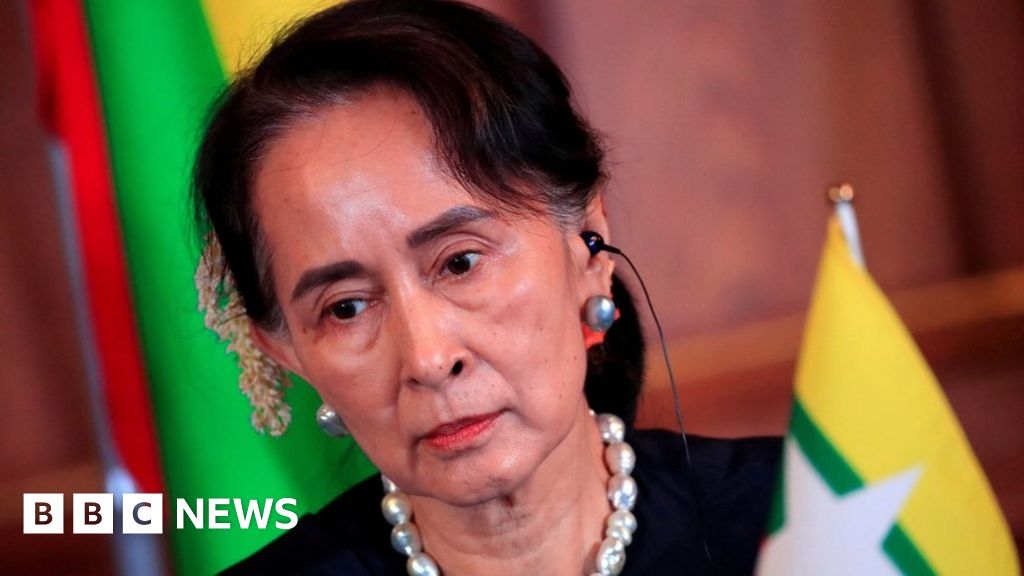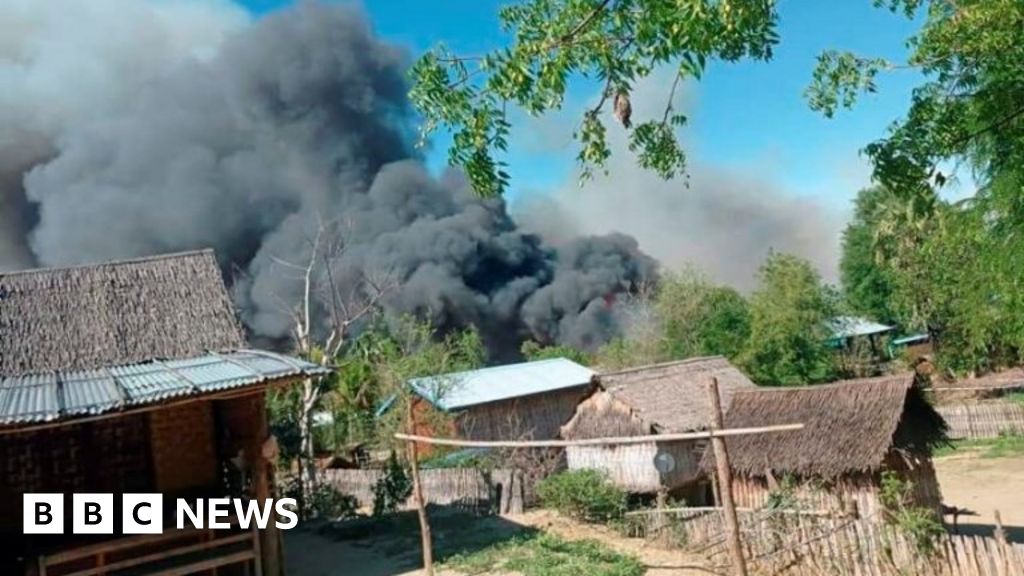Part 5 of 5: Analysis of Consequences for the NUG
One 20 year old said that the junta have miscalculated the anger of the people and especially the determination of the young people to fight for their freedom and their rights. He said that they have had five years of democracy and freedom and they are not going to have that taken away from them without a fight.
27. I differ in perspective. I suspect that the Tatmadaw correctly calculated that in a few more years, opposition to military rule world be stronger and therefore had no choice but to execute a drawer plan in Feb 2021, to dictate terms to Aung San Suu Kyi’s NLD. I think it is the NLD, the NUG (as an umbrella organisation to resist the coup) and youths that have miscalculated on the response to come. They think that the Tatmadaw will easily go back to the barracks, when less than a thousand have been killed; and less than 8,000 have been arrested.
Anything less than 7,700 killed in any 180 day period, is considered a blessing, given the Tatmadaw’s inherent character when executing said drawer plan. As others have said before, we should not be negotiating for hostage release by talking to the hostage.
28. The NUG are silly enough to blame ASEAN for their willingness to continue to dialogue with Senior Gen. Min Aung Hlaing (as the leader of the hostage takers in the above analogy) and become a spoiler in the mediation attempt to reduce the death toll. Let me set the context to ask 3 key questions:
(a) Unlike the Twitter and social media herd supporting the NUG, I have a realist take on events on the ground. Sadly, I believe that the Tatmadaw are more than willing to kill 20,000 to 50,000 of the general population (aka the hostage) in their usual way, as the violence escalates in Jun-Jul 2021.
(b) Night after night, soldiers and police raid homes to arrest suspected activists — both protesters and those taking part in the civil disobedience movement that has crippled the state’s ability to function. Despite the dangers, the movement persists, fuelled by a young generation who came of age since democracy dawned and the country began opening up a decade ago.
(c) We have to see events unfolding in Myanmar as they are, not what we want. The kids on social media are prone to confirmation bias— I believe that hoping for the best, or having the willingness to fight alone is not a strategy to cope with changes on the ground. To rebel against an army, any rebel group needs: (i) a sanctuary; (ii) a certain level of training (or learn by dying); (iii) mastery of logistics; and (iv) a fanatical dedication to the cause.
- Q1: What happens to organisational capability when the initial crop of capable supporters of the NUG get arrested or killed?
- Q2: When will the morale break for the NUG supporters break, when they realise the help they hope for is not coming?
I suspect that Western media perspective will be different in the Feb 2022 to Aug 2022 period. By then the news cycle is expected to become numb to increasing numbers of dead civilians, after the horror of 1 to 1.5 years of military rule.
(d) Only at that time period in 2022 will the Tatmadaw realise that they have bitten off a bit more than they can chew (when the death toll exceeds 20,000).
- Q3: We have to ask what best that the NUG can hope for, in the next 1 to 1.5 years of co-evolution in this struggle?
29. Human rights organisations, the more vocal members of the G7 and the UN tend to fall for the availability bias — which leads to a loss of influence due to playing the wrong chess moves. The Biden administration is updating the old foreign policy doctrine of realpolitik by acknowledging the reality of limits on US power, in the era of great power competition with a rising China.
(a) In a G7 May 2021 conference, where Chinese influence is top on American minds, British Foreign Secretary Dominic Raab will ineffectively urge G7 nations to take stronger action against Myanmar's military junta, and "this includes expanding targeted sanctions against individuals and entities connected to the junta; support for arms embargoes, and increased humanitarian assistance for the most vulnerable in the country."
(b) The British speaking at G7 and at the United Nations Security Council seem to think that just because sanctions are available, it is the only tool to be applied no matter how ineffective it is (in relation to reducing the death toll). While the G7 "firmly condemn" violence committed by Myanmar's security forces against protesters and urged them to "exercise utmost restraint and respect human rights and international law," I expect only lukewarm G7 support from the Americans, the Japanese, the Germans, the French, and the Indians (attending by invitation), given realpolitik considerations. They know that the British diplomats have no effective sticks to threaten the military dictatorship in Myanmar and are too cheap to give enough carrots, in the form of aid, to move the needle. At the G7 meeting, I suspect that only Canada and Italy will find common cause with the British on the topic of more sanctions.
30. There are also serious concerns over the continuing impact of the crisis, with the UN Development Programme (
UNDP)
warning of an economic collapse, and the UN human rights chief cautioning that Myanmar could
spiral into a “full-blown conflict” similar to the implosion of Syria over the past decade, if the bloodshed does not stop. Let’s review the situation when the death toll hits 20,000 or a year from now, whichever is sooner. Both the rebels and Tatmadaw will need to co-evolve to cope with changes on the ground as the death toll goes up.





